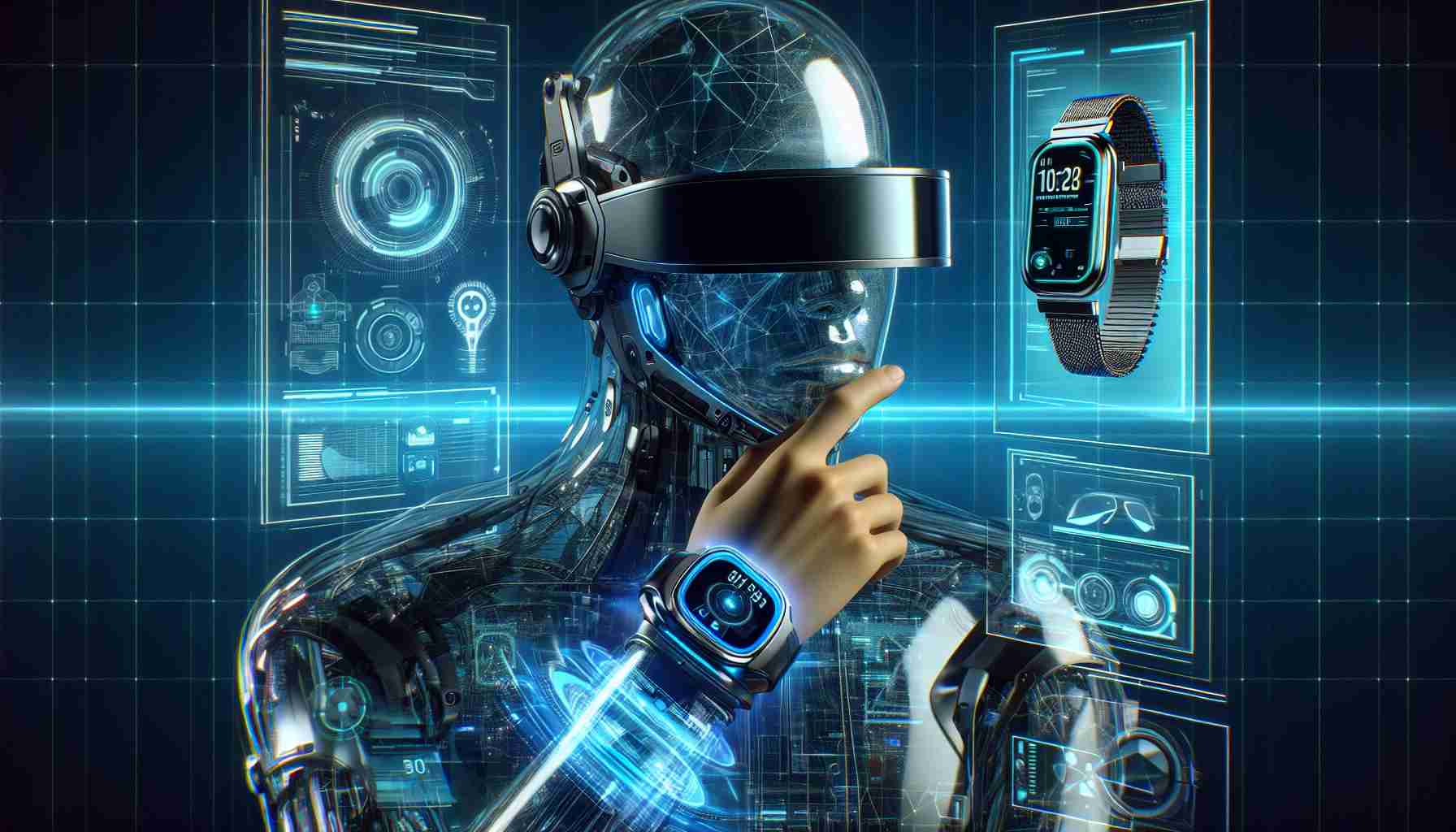Elon Musk’s Bold Vision
Elon Musk envisions a future where smartphones are a thing of the past, replaced by revolutionary Neuralink brain chip implants. His ambitious plan aims to seamlessly integrate technology with the human brain, ushering in a new era of communication and connectivity.
Expert Perspectives on the Shift
Industry experts like Mary Meeker and Pekka Lundberg foresee a shift towards wearable technology and embedded chips in our bodies, with predictions pointing towards a smartphone-free world by 2030. Futurists like Ray Kurzweil believe that Brain-Computer Interfaces (BCIs) will render smartphones obsolete, emphasizing the growing convergence of technology and human capability.
Leading Technologies in the Pipeline
The future landscape of personal technology will likely feature augmented reality glasses, smart contact lenses, and wearable computers equipped with advanced functionalities such as health monitoring and communication tools. These innovations promise hands-free control and immersive experiences, aiming to redefine how we interact with the digital world.
Challenges on the Horizon
Despite the promising potential of XR glasses, BCIs, and other advanced devices, obstacles such as limited functionality, high costs, and privacy concerns pose significant hurdles. Manufacturers must address issues related to design, battery life, data security, and user training to ensure widespread adoption of these next-generation technologies.
A Shift in Consumer Habits
As society transitions from smartphones to more integrated wearable devices, the evolution of technology will occur in stages. The multifaceted role that smartphones currently play in our lives, from communication to entertainment and health monitoring, necessitates a gradual shift towards alternative solutions that can encompass these diverse functionalities.
In conclusion, the future of personal technology holds exciting possibilities, with a dynamic interplay between human cognition and advanced wearables shaping the way we interact with the digital realm. While challenges lie ahead, the trajectory towards a smartphone-free future is undeniably underway, driven by a collective vision of a more seamlessly connected world.
The Unexplored Frontiers of Wearable Technology
As we venture further into the realm of advanced wearables and integrated tech, a multitude of questions arise, guiding our exploration of this futuristic landscape:
1. How Will Wearables Impact Healthcare?
One significant aspect often overlooked is the role wearables will play in revolutionizing healthcare. Beyond just monitoring fitness levels, these devices have the potential to track and analyze critical health data in real-time, empowering individuals and healthcare professionals alike.
2. What Privacy Concerns Do Wearables Raise?
With the intimate nature of wearables that could potentially delve into our physiological and cognitive realms, the question of data privacy looms large. How can we ensure that personal information remains secure and protected from unauthorized access or misuse in this era of interconnected devices?
3. Are Wearables Truly Accessible to All?
While wearables promise enhanced capabilities and seamless integration, accessibility remains a key consideration. Affordability, usability for individuals with disabilities, and the digital divide among different socioeconomic groups raise important issues about ensuring equitable access to these cutting-edge technologies.
The Advantages and Disadvantages of Wearable Technology
The advantages of wearable tech are manifold: hands-free convenience, real-time data monitoring, personalized insights, and enhanced user experiences are just a few benefits that come to mind. However, along with these advancements come notable drawbacks, including potential health risks, dependency on technology, and social implications of constant connectivity.
Key Challenges and Controversies
One of the key challenges that industry innovators face is striking a balance between innovation and consumer safety. Ensuring that wearables are not only functional but also ergonomically designed, secure, and user-friendly is paramount in driving widespread adoption. Furthermore, the ongoing debate around the ethical implications of wearable technologies, particularly in terms of data security and individual autonomy, underscores the need for robust regulations and ethical frameworks.
In navigating the uncharted waters of wearables and integrated tech, it is imperative to consider the multifaceted dimensions of this evolving landscape. From healthcare breakthroughs to privacy dilemmas and accessibility hurdles, the future beyond smartphones leads us into unexplored frontiers of innovation and connectivity, where the intersection of humanity and technology unfolds in intriguing ways.
For further insights into the dynamic world of wearables and emerging technologies, visit Wearable Technologies.
